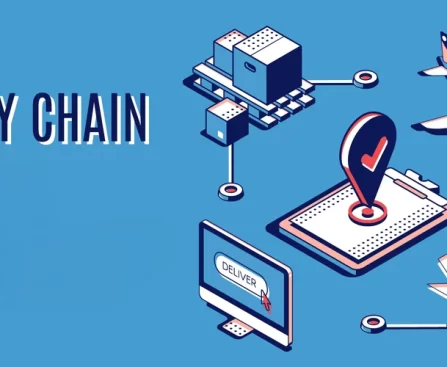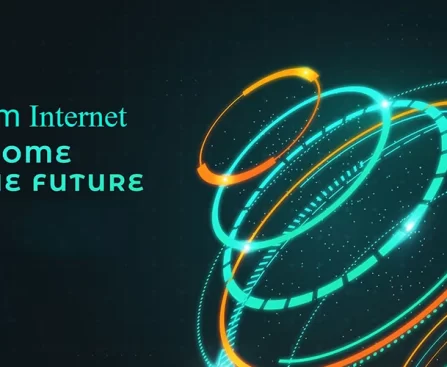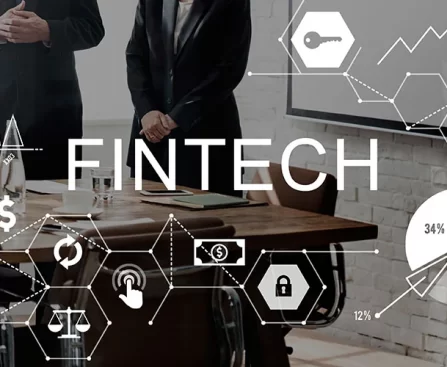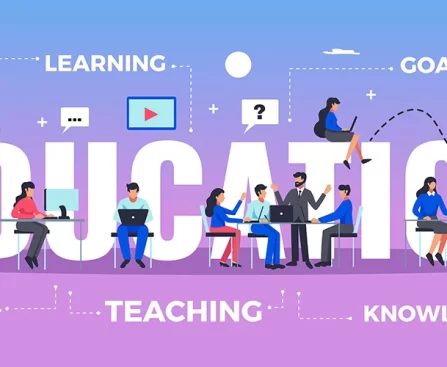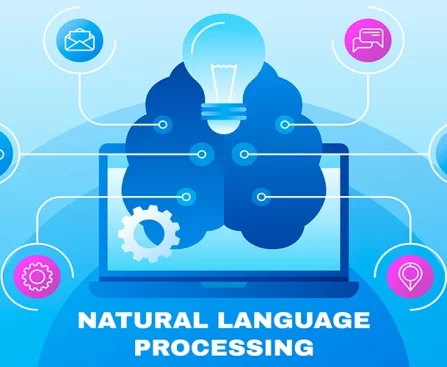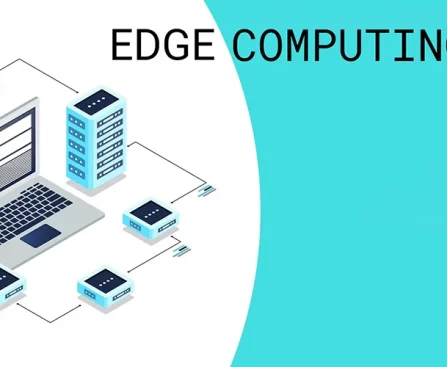Supply Chain: The Future of Trust, is a network of organizations, people, activities, information, and resources involved in the production, distribution, and delivery of goods and services to consumers or end-users. It encompasses all the processes and activities required to bring a product or service from its initial conception and raw material sourcing to its […]
Wearable Technology: often referred to as wearables, is a category of electronic devices and accessories that are designed to be worn on the human body, typically as clothing or accessories. These devices are equipped with sensors, connectivity features, and sometimes computing capabilities to collect and transmit data, perform tasks, or provide information to the user. […]
Digital Twins: Response Preparing For The Unpredictable, is a virtual representation of a physical object, system, or process. It is created using digital data and models to simulate the real-world counterpart, providing a means to monitor, analyze, and make decisions about the physical entity in a digital environment. Digital twins are often used in various […]
Assistive Technology: Workplace Promoting Diversity and Inclusion refers to a wide range of tools, devices, software, and equipment designed to assist individuals with disabilities in their daily activities and tasks. The primary purpose of assistive technology is to enhance the quality of life, independence, and overall functioning of people with disabilities. These technologies can address […]
Quantum Internet: The Future of Ultra-Secure Communication, is a theoretical network that uses the principles of quantum mechanics to enable highly secure and advanced forms of communication and information processing. It is designed to transmit and process quantum information, which includes quantum bits or qubits, through quantum communication channels. History of Quantum Internet As of […]
Fintech Technology: for Financial Technology, refers to the use of innovative technology and software to provide and improve financial services. It encompasses a wide range of activities, products, and services that leverage advancements in information technology to make financial transactions more efficient, convenient, and accessible. Fintech technology often disrupts traditional financial systems and institutions by […]
Digital Education: also known as online education or e-learning, refers to the use of digital technologies, primarily the internet and various electronic devices, to deliver educational content and facilitate learning. It encompasses a wide range of educational practices and methods that leverage digital tools and resources to enhance the teaching and learning experience. Digital education […]
Natural Language Processing:(NLP) is a subfield of artificial intelligence (AI) and computational linguistics that focuses on the interaction between computers and human language. It involves the development of algorithms and models that enable machines to understand, interpret, and generate human language in a way that is both meaningful and useful. NLP aims to bridge the gap […]
Edge Computing: Powering the Next Generation of Connectivity is a distributed computing paradigm that brings data processing and computation closer to the data source or “edge” of the network, rather than relying solely on centralized cloud servers. In edge computing, data is processed and analyzed locally on devices or within local data centers, typically located […]
Digital Trust: Strategies for Protecting Data and Privacy refers to the level of confidence and reliability that individuals, organizations, or systems have in the security, integrity, and authenticity of digital interactions, transactions, and data in the digital world. Types of Digital Trust Digital trust can be categorized into various types, each focusing on specific aspects […]

